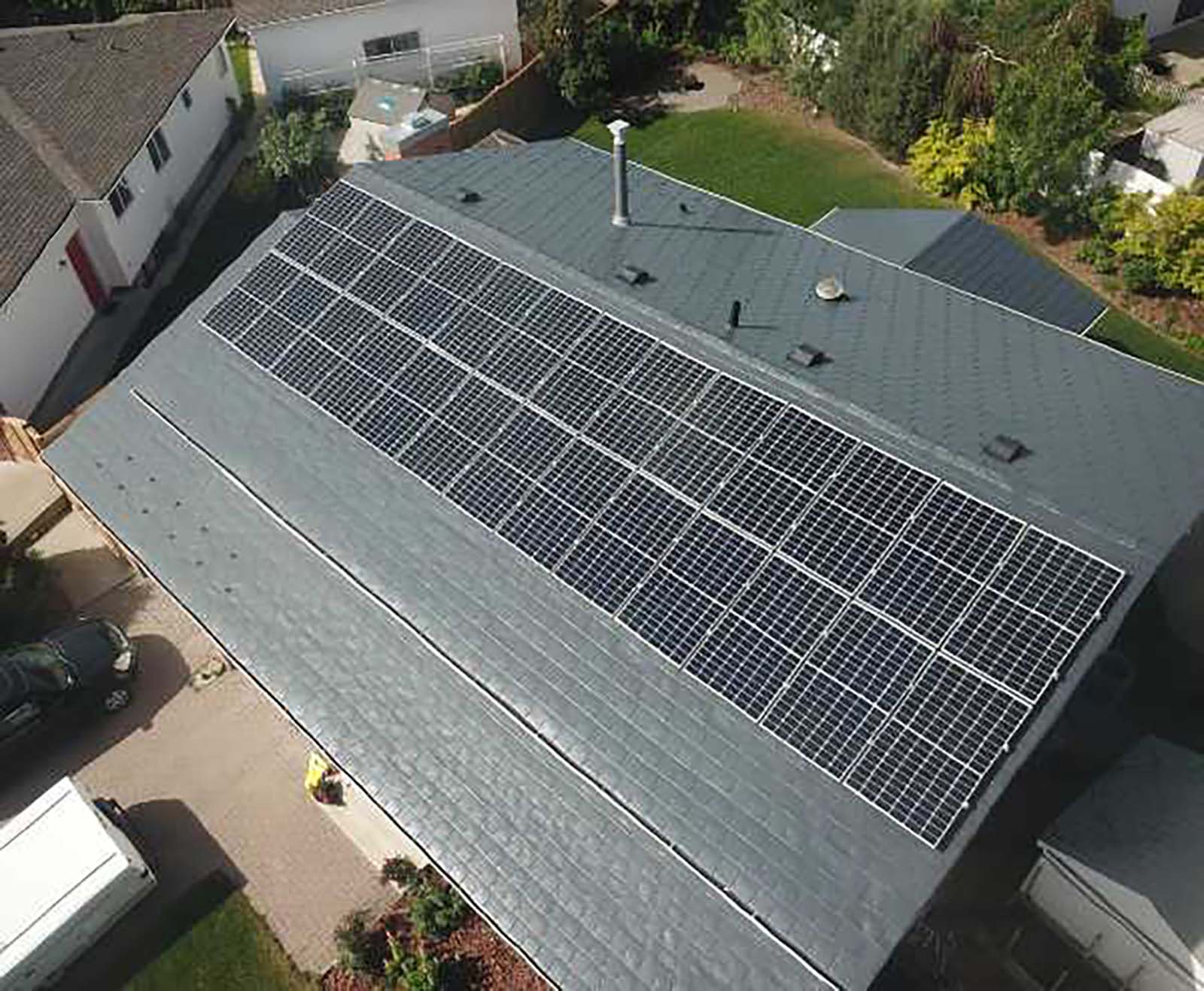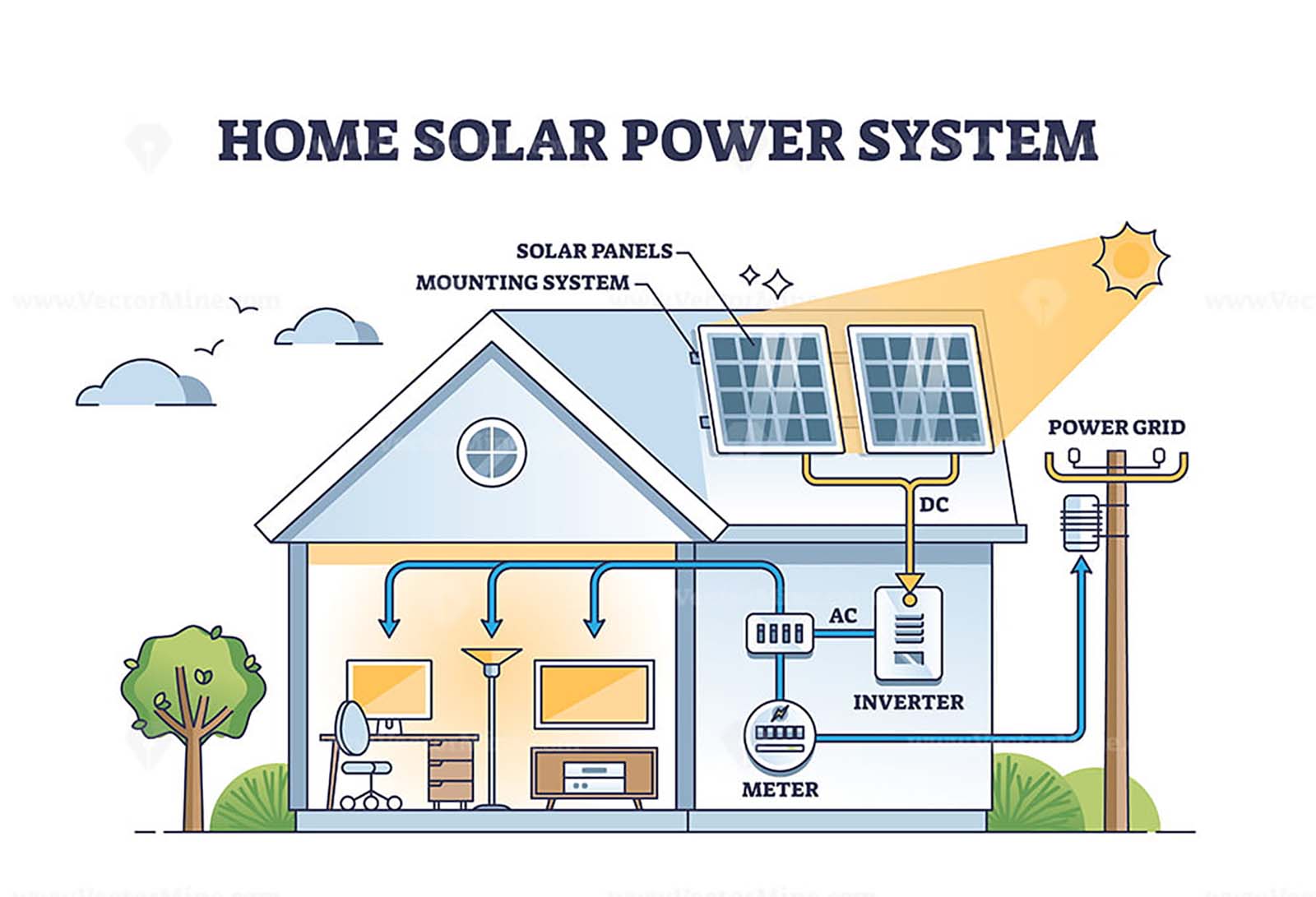How much energy does a 10kw solar panel produce?

Introduction
A solar panel is a device that converts sunlight into electricity through the use of photovoltaic cells. These cells are made up of semiconductor materials that act as a medium for generating and transferring electrons. One popular type of solar panel is the 10kw solar panel, which has been widely used in both residential and commercial settings.Understanding the power output of a 10kw solar panel
The power output of a solar panel is measured in kilowatts (kw), which represents the amount of electricity it can produce under standard test conditions. A 10kw solar panel, therefore, has a maximum power output of 10kw.Factors affecting energy production
While a 10kw solar panel is capable of producing 10kw of electricity, the actual energy it generates can vary depending on several factors:
1. Sunlight intensity: The amount of energy produced by a solar panel is directly proportional to the intensity of sunlight it receives. Higher sunlight intensity leads to more energy production.
2. Sunlight duration: The longer a solar panel is exposed to sunlight, the more energy it can produce. Hence, longer daylight hours or positioning the solar panel towards maximum sun exposure can increase energy generation.
3. Angle and direction: The angle and direction at which a solar panel is installed also affect its energy production. Ideally, solar panels should be placed at an angle and direction that optimizes the amount of sunlight they receive.

Estimating energy production
Although the power output of a 10kw solar panel is fixed, estimating its energy production requires considering the geographical location and specific conditions. On average, a 10kw solar panel can generate around 35-40 kWh per day.Advantages of using a 10kw solar panel
1. Reduced electricity bills: By harnessing solar energy, a 10kw solar panel can significantly reduce the reliance on traditional electricity sources, thus reducing monthly electricity bills.2. Environmental benefits: Solar panels produce clean and renewable energy, resulting in a reduced carbon footprint and a positive impact on the environment. The use of solar panels helps in the fight against climate change.
3. Long-term savings: While the installation cost of a 10kw solar panel might initially seem high, it can yield long-term savings. The energy production over its lifespan can lead to substantial savings on electricity bills.

